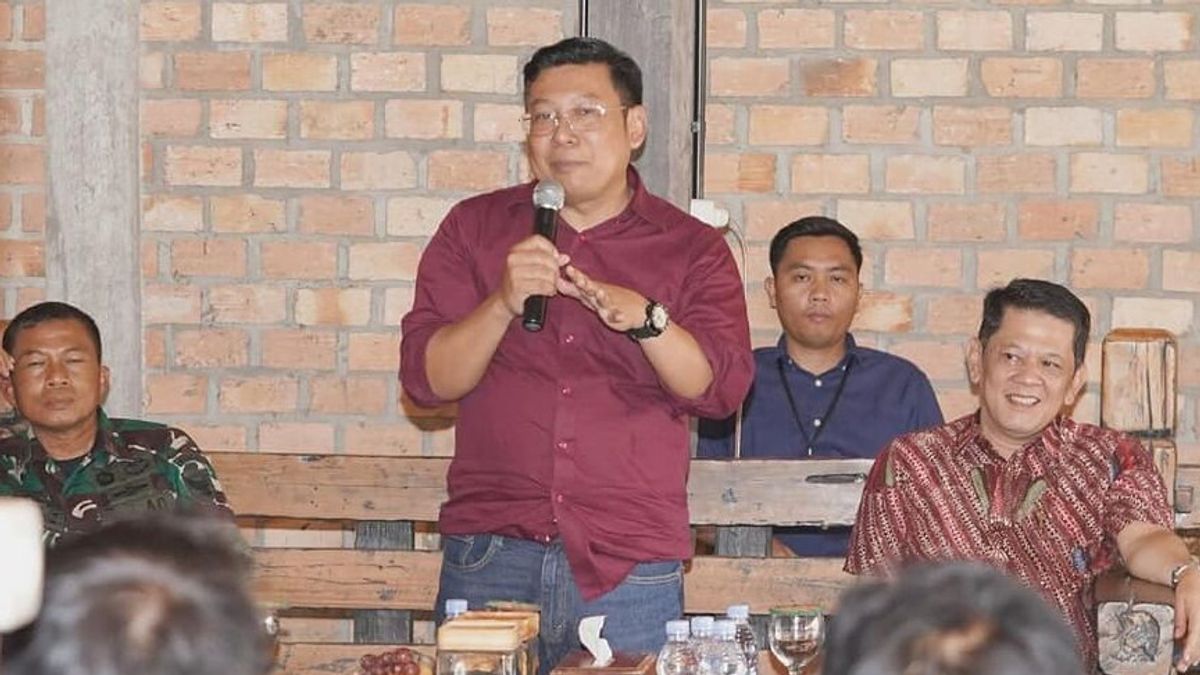JAKARTA - Head of the National Food Agency (Bapanas) Arief Prasetyo Adi said his party would reduce the number of food imports. One way is by optimizing absorption from domestic farmers' production for Government Food Reserves (CPP).
Furthermore, Arief said that the most important thing right now is the certainty of the offtake produced by farmers and breeders.
"So that according to the direction of Mr. President Joko Widodo, please all farmers and breeders produce. Later the food SOEs will be assigned to absorb their function as a standby buyer," said Arief in his statement, Sunday, January 7, 2024.
Arief also asked Perum Bulog and other state-owned enterprises (BUMN) to prepare to absorb farmers' products at good prices.
He further said that when the time was right, Perum Bulog would synergize with the Association of Farmers Groups (Gapoktan) and cooperatives to absorb farmers' production.
For this absorption, continued Arief, the government through the Ministry of Finance (Kemenkeu) has determined a loan ceiling that can be given interest subsidies under a guarantee scheme from the government.
Loans of up to IDR 28.7 trillion are what the government can provide interest subsidies to Food SOEs, namely Perum Bulog and ID FOOD.
SEE ALSO:
Still Importing Rice
Even so, Arief revealed that for rice commodities, apart from hoping for optimization of rice absorption in the first half of 2024, the government will also continue its import policy to maintain the balance of the Government Rice Reserve (CBP) stock.
The policy is the government's decision to anticipate the monthly balance deficit. At the same time, rice food assistance continues to be rolled out to low-income people to maintain people's purchasing power and suppress inflation," he explained.
Based on the Regional Sample Framework (KSA) of the Central Statistics Agency (BPS), monthly rice production in January 2024 was 0.9 million tons and February 2024 was 1.3 million tons.
This is below the average monthly rice consumption which is estimated at 2.5 million tons.
"We cannot wait for the stock to run out, so we need to anticipate so that food stability is maintained. So, we need to prepare for the next few months," he said.
Moreover, Arief continued, the impact of El Nino on the decline in production was felt in the next two or three months. Meanwhile, at the same time the government also continues to roll out rice food aid.
The English, Chinese, Japanese, Arabic, and French versions are automatically generated by the AI. So there may still be inaccuracies in translating, please always see Indonesian as our main language. (system supported by DigitalSiber.id)












